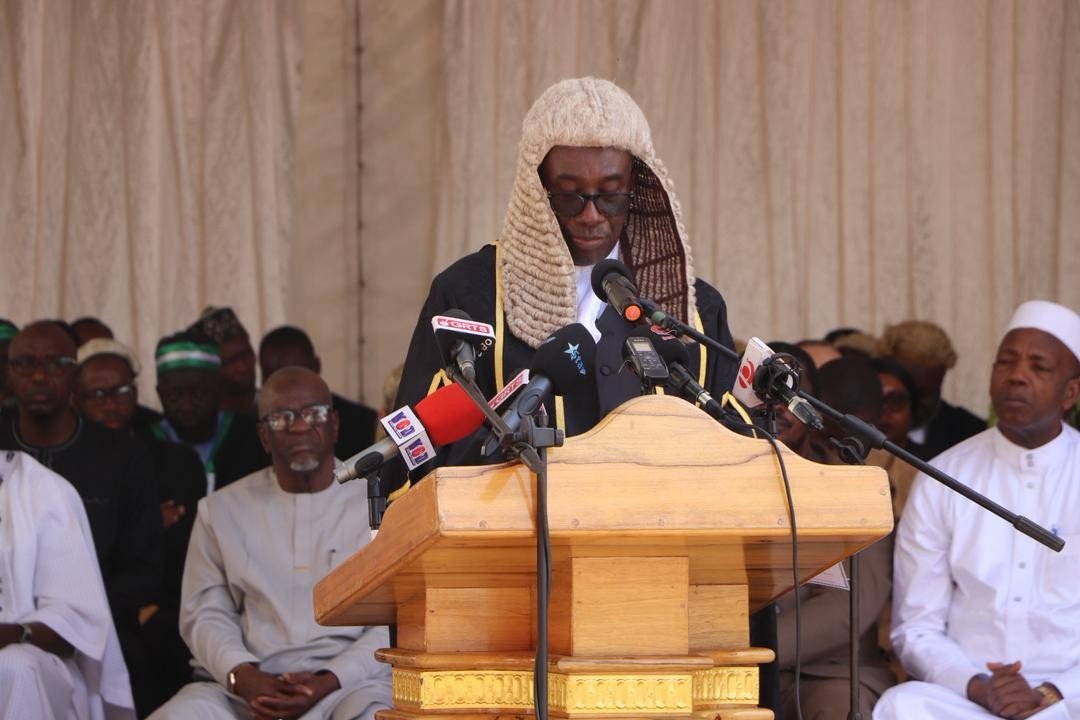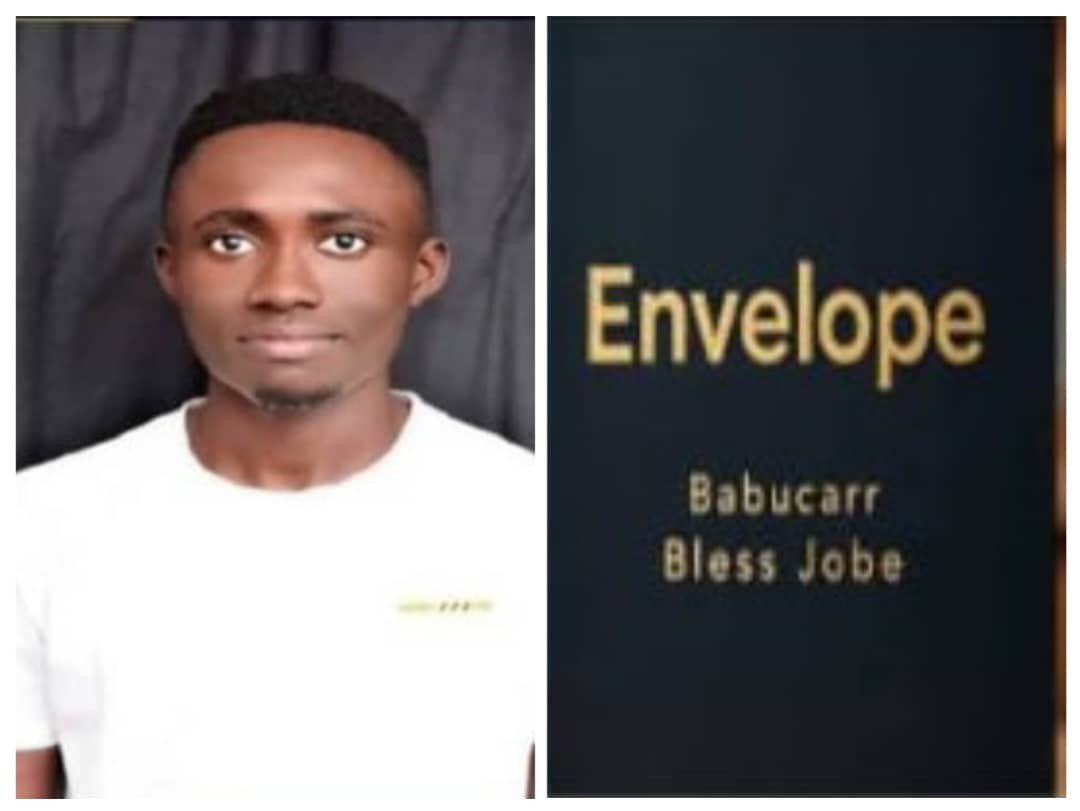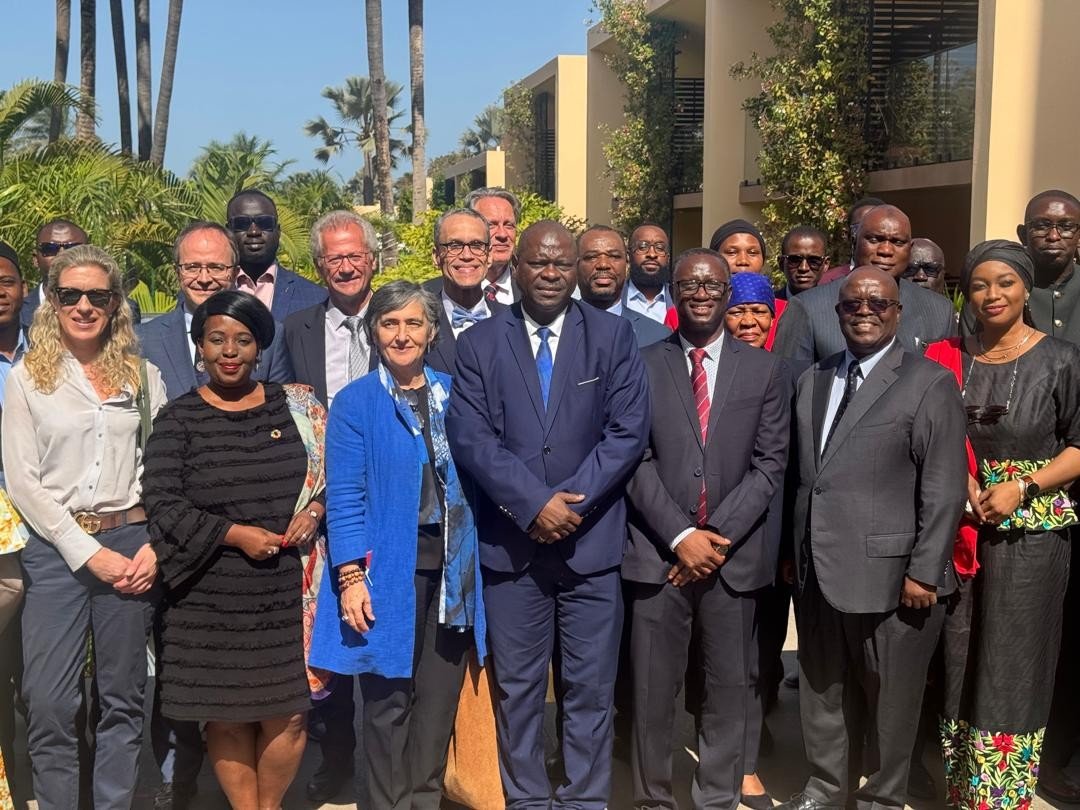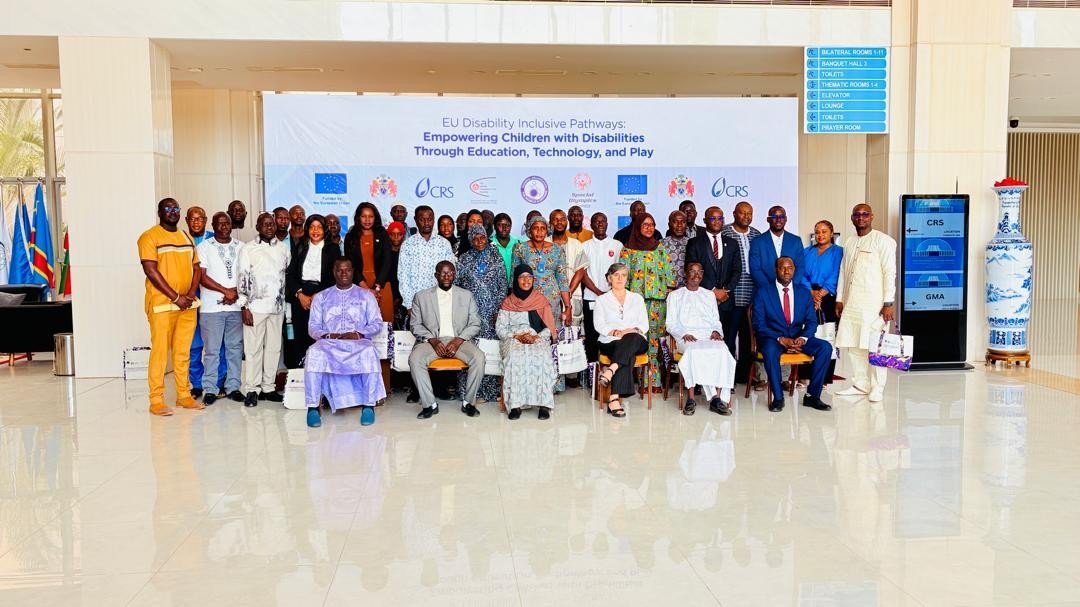The Local Government Commission of Inquiry on Tuesday heard testimony from Peter Vanslanbrouch, a Belgian national and former project coordinator for the CityLink Ostend-Banjul partnership, as part of its ongoing investigation into the financial and administrative conduct of local government councils across The Gambia from 2018 to 2023.
Led through his testimony by Lead Counsel Patrick Gomez, Mr Vanslanbrouch appeared before the commission and confirmed his role as a liaison appointed by the Ostend City Council to oversee collaboration with Banjul City Council (BCC) under a European Union-funded initiative.
However, the project, which officially commenced in December 2019 and kicked off fully in March 2020, was built on five core components: capacity building for BCC, waste management, urban greening, rehabilitation of the former Crab Island School, and health research focused on burn treatment and hygiene promotion.
Mr Vanslanbrouch provided a detailed chronology of the project’s development beginning with consultations and concept submissions in 2018 and 2019, and culminating in EU approval and disbursement of a €3 million grant.
He confirmed that both Ostend and BCC were expected to contribute financially, with Ostend pledging €150,000 and BCC contributing €7,805. Ostend, he said, eventually exceeded its contribution due to a no-cost extension of the project, although he was unable to give an exact figure pending verification.
Questioned about financial controls, Mr Vanslanbrouch acknowledged that at the outset, BCC managed project expenditures independently. However, he said that approvals from Ostend were later introduced due to disagreements over spending priorities one example being BCC’s use of project funds for flood relief efforts in Tobacco Road, a decision he said was outside the project’s original scope.
He further explained that subsequent payments above a set threshold required authorization from Jonas Scharrens, the designated project coordinator, via Ecobank’s digital banking system. “This was a necessary safeguard,” he said, citing concerns over alignment with EU funding rules.
On procurement, Mr Vanslanbrouch stated that the project initially operated under strict EU procedures, later transitioning to the Gambia Public Procurement Authority (GPPA) guidelines to bolster local capacity.
He maintained that major expenses adhered to procurement rules but acknowledged he could not provide a definitive list without consulting project records. “I assume the information is available,” he said, pledging to submit financial and audit reports as requested by the Commission.
The inquiry also touched on the project’s governance, including a steering committee that Mr Vanslanbrouch described as evolving over time. When asked about loans reportedly taken by the committee from project funds, he confirmed being informed about the issue after the fact. “Loans are not allowed under EU funding regulations,” he emphasised.
Despite the challenges, Mr Vanslanbrouch reflected on the project’s achievements and shortcomings. He highlighted the restoration of the Banjul beachfront as a major success, achieved through natural reforestation efforts. The renovation of the Crab Island School was described as a standout accomplishment, transforming the site into a modern educational centre. He also cited successful scholarship programs and health interventions.
However, he acknowledged persistent difficulties in the waste management component and said institutional weaknesses within BCC hampered capacity-building outcomes. “The Banjul City Council remains a very weak institution. Capacity building is much needed, and we had hoped to achieve more,” he said.
Responding to questions from Commissioner Silla, Mr Vanslanbrouch said two garbage trucks a compactor and a skip truck were provided to BCC and are still operational, with one seen in use as recently as the day before the hearing.
Before concluding, Mr Vanslanbrouch promised to submit full financial records, audit reports, and monitoring documents spanning the project’s five-year lifespan. The Commission is expected to review these documents as part of its wider effort to assess transparency and accountability in council projects.
The Commission continues its hearings.






